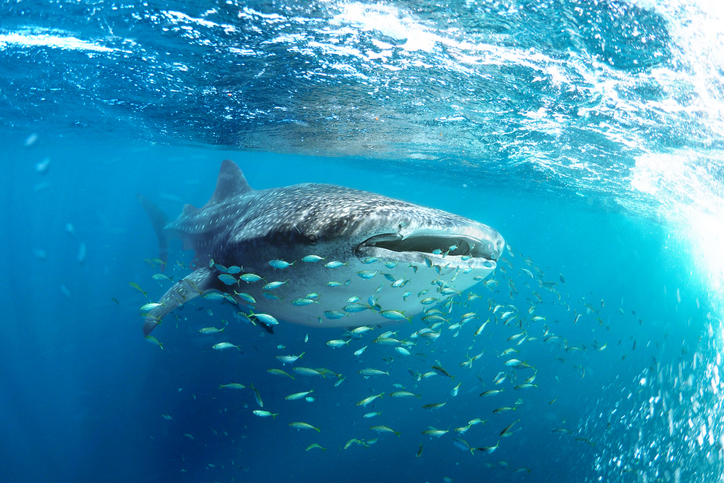
Tag "monitoring studies"


1.png)
On February 13, the director of HSE’s Centre for Studies of Civil Society and Non-Profit Sector, Irina Mersiyanova, presented the results of the project entitled ‘Social Activity of Muscovites in Figures’. The research was conducted by the Centre in December 2017. 2018 has been proclaimed the Year of the Volunteer by the President of the Russian Federation.
The level of education, the size of the settlement, and the social status can all seriously affect the chance of feeling poor in Russia. These are the findings by experts of the HSE Institute for Social Policy, revealed as part of their regular Monitoring of the Social and Economic Situation and Well-being of the Population.
Russian publications in leading journals indexed in the Web of Science (WoS) were registered in 2015, a historic record in terms of Russian publication activity.
of top managers at large and medium-sized Russian industrial companies expect their companies’ production to grow by late spring 2016. This is one of the best forecasts in the last two years.
Russians do not show much interest in information about science and technology, despite being certain that they are knowledgeable about the topic. And they differ from Europeans in this. The average proportion of those who read popular science journals in Europe is 4 times higher than in Russia, but Europeans are more modest in evaluating their awareness about achievements in research than Russians.
was the consumer confidence index in the fourth quarter of 2015. This is one of the lowest indicators in the six years following the 2008-2009 crisis.
of entrepreneurs in service industries reported a decrease in consumer demand for their services in the fourth quarter of 2015.
